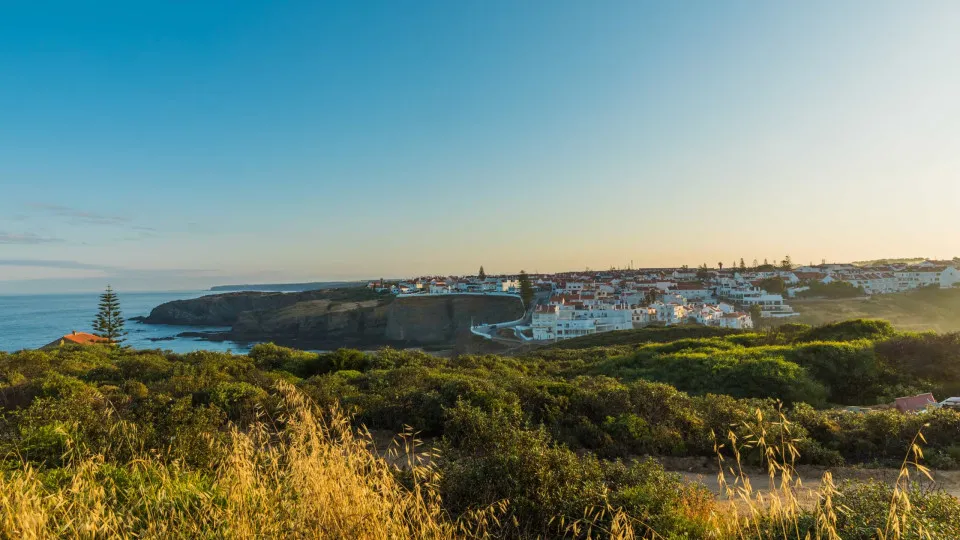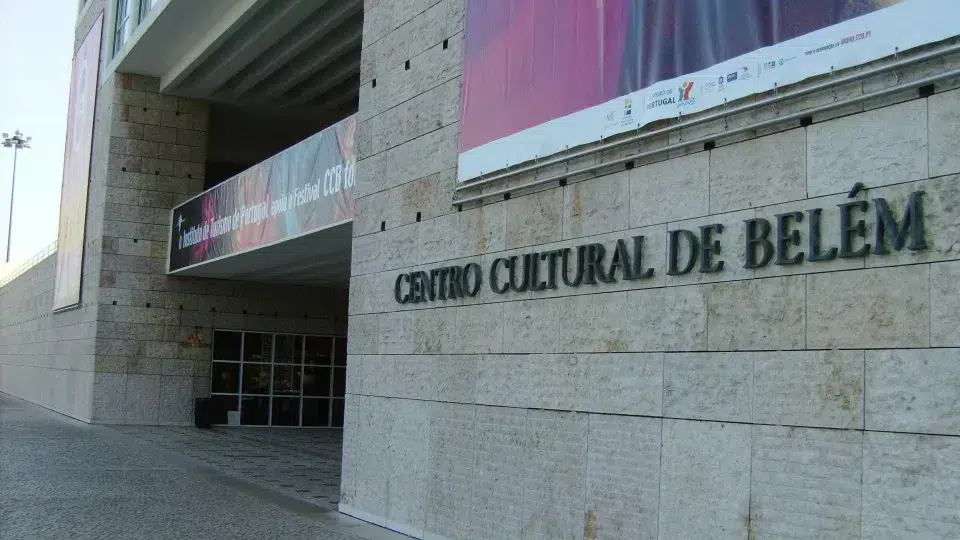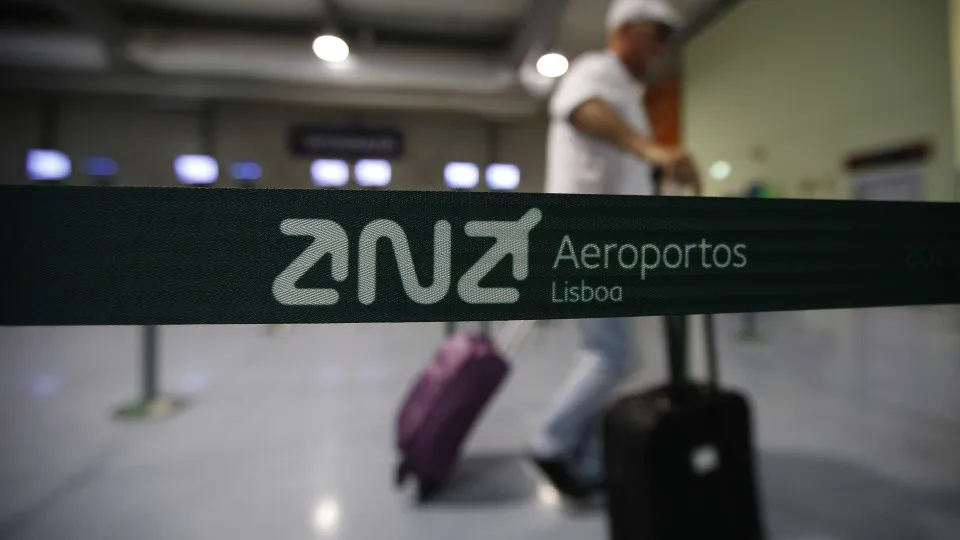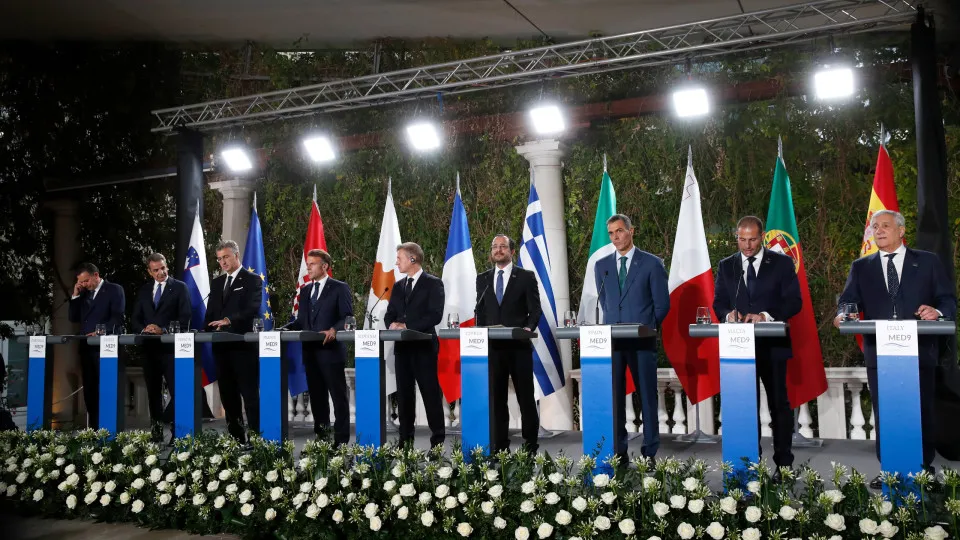
A presidency that has now ended, led by Oliver Röpke, “was marked by a notably visible presence,” states Luís Pais Antunes regarding the new mandate of the European Economic and Social Committee (2025-2030), whose members assume office this week.
Among the key initiatives of the outgoing mandate, the president of the Economic and Social Council highlights the role played by the European Economic and Social Committee (EESC) “in the fight against disinformation and in promoting democratic values,” as well as the “very important” yet “less visible” role in the area of external relations.
For the upcoming term, which will be led by Irishman Séamus Boland, the president of the CES does not foresee a “significant difference” compared to the current leadership.
It will be “very likely a continuation,” he notes, recalling that the new president was already the head of group 3, which includes representatives from civil society organizations, hence “someone who has been part of the EESC for some time now.”
Luís Pais Antunes also emphasizes to Lusa the importance of this advisory body, which “annually issues well over a hundred opinions,” either at the request of the European institutions or on its own initiative, and has “the merit” of providing a “more comprehensive” view of topics, as it includes representatives of employers, workers, and civil society.
The CES President especially highlights the “crucial” role of this body in the adoption of ‘roaming’ in the European Union (EU). “It was an opinion initiated by the European Economic and Social Committee that helped to overcome the limitations and difficulties that existed with the creation of a free European mobile communications area,” he recalls.
Established in 1957, the EESC is an advisory body composed of 329 representatives from organizations of employers, workers, and civil society from the member states of the community bloc.
This Committee issues opinions on various subjects addressed to the European Commission, the Council, and the European Parliament and includes 12 Portuguese representatives: four from employers (group 1), four from workers (group 2), and four from civil society organizations.
The members of the EESC are appointed by national governments and named by the EU Council for renewable five-year terms, with the committee electing “a board consisting of a president and two vice-presidents, chosen by rotation among the three groups” every two and a half years, as stated on its official website.




